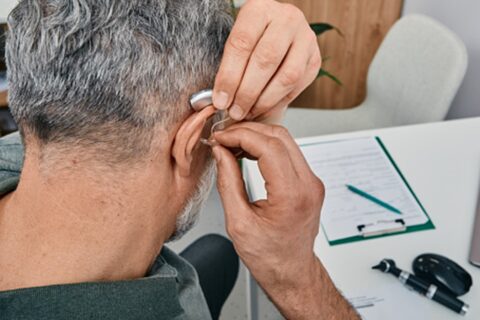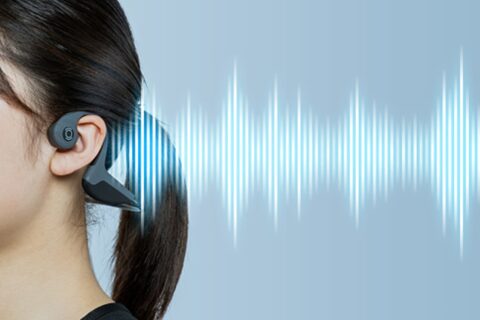Dealing With Anxiety and Depression Related to Hearing Loss

Anxiety and depression are common mental health conditions that affect millions of people worldwide. They are often associated with life-changing events such as the loss of a loved one or a major life change. However, research has shown that hearing loss can also be a significant factor in the development of anxiety and depression.
Studies have shown that people with hearing loss are more likely to experience social isolation, which can lead to feelings of loneliness and depression. Communication can become difficult, and people may feel embarrassed or ashamed of their hearing loss. This can lead to a decrease in social interaction and feelings of loneliness, which can cause anxiety and depression.
Hearing loss can also lead to a decrease in cognitive function, making it more challenging to process and understand speech. This can lead to a decrease in confidence and self-esteem, which can contribute to anxiety and depression.
Another factor that may contribute to the correlation between hearing loss and anxiety and depression is the impact that hearing loss can have on daily life. People with hearing loss may have difficulty participating in everyday activities, such as watching television, listening to music, or even having a conversation. This can lead to frustration and feelings of isolation, which can contribute to anxiety and depression.
Hearing loss can cause emotional distress, including feelings of frustration, anger, and embarrassment. People dealing with hearing loss can experience reduced self-esteem, further leading to feelings of depression and anxiety.
By taking steps to address hearing loss, people can improve their overall health and well-being.
There are several things people can do to ease the negative effects of hearing loss:
- Be patient and understanding: You may need extra time to process information or may ask others to repeat what they said. Be patient and understanding with yourself.
- Minimize background noise: Background noise can make it harder for people with hearing loss to understand what others are saying. If possible, move to a quiet room or turn off any unnecessary noise sources, such as the TV or radio.
- Use visual aids: Visual aids, such as written notes or captions on videos, can help people with hearing loss understand what is being said. Consider using these aids when communicating important information.
- Consider assistive technology: There are many assistive listening devices available, such as hearing aids or captioned telephones, that can help people with hearing loss communicate more effectively.
- Advocate for accommodations: Advocate for accommodations such as closed captioning or amplified telephones at work or public events. These accommodations can make a significant difference in your ability to understand and communicate effectively.
- Consider seeking professional help for dealing with the emotional effects of hearing loss. A mental health professional can help someone dealing with anxiety and depression from hearing loss in several ways:
- Provide emotional support: A mental health professional can provide a supportive and non-judgmental space for someone to express their feelings about their hearing loss and the impact it has had on their life. This can help alleviate feelings of isolation, anxiety, and depression.
- Develop coping strategies: A mental health professional can help someone develop coping strategies to deal with the challenges of hearing loss, such as social isolation, communication difficulties, and frustration. This may include learning new communication skills, using assistive devices, and building a support network.
- Offer guidance and education: A mental health professional can offer guidance and education on how to manage anxiety and depression related to hearing loss. This may include teaching relaxation techniques, mindfulness, and cognitive-behavioral therapy to help individuals reframe negative thoughts and develop positive coping skills.
- Collaborate with other healthcare professionals: A mental health professional can work collaboratively with other healthcare professionals, such as audiologists, to ensure that individuals receive the appropriate treatment and care for their hearing loss and associated mental health issues.
Fortunately, there are ways to address hearing loss and the associated mental health issues. Seeking treatment for hearing loss, such as hearing aids or other assistive listening devices, can help people communicate more effectively and improve their quality of life. Additionally, seeking support from mental health professionals can help people manage the emotional distress and anxiety associated with hearing loss.


